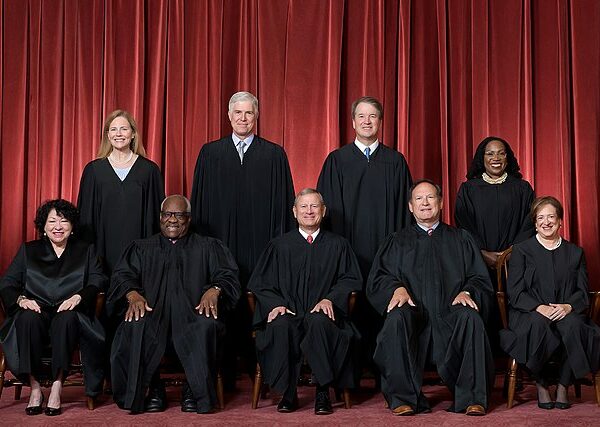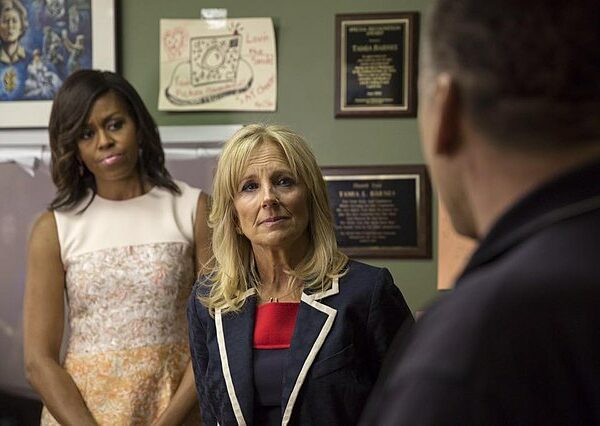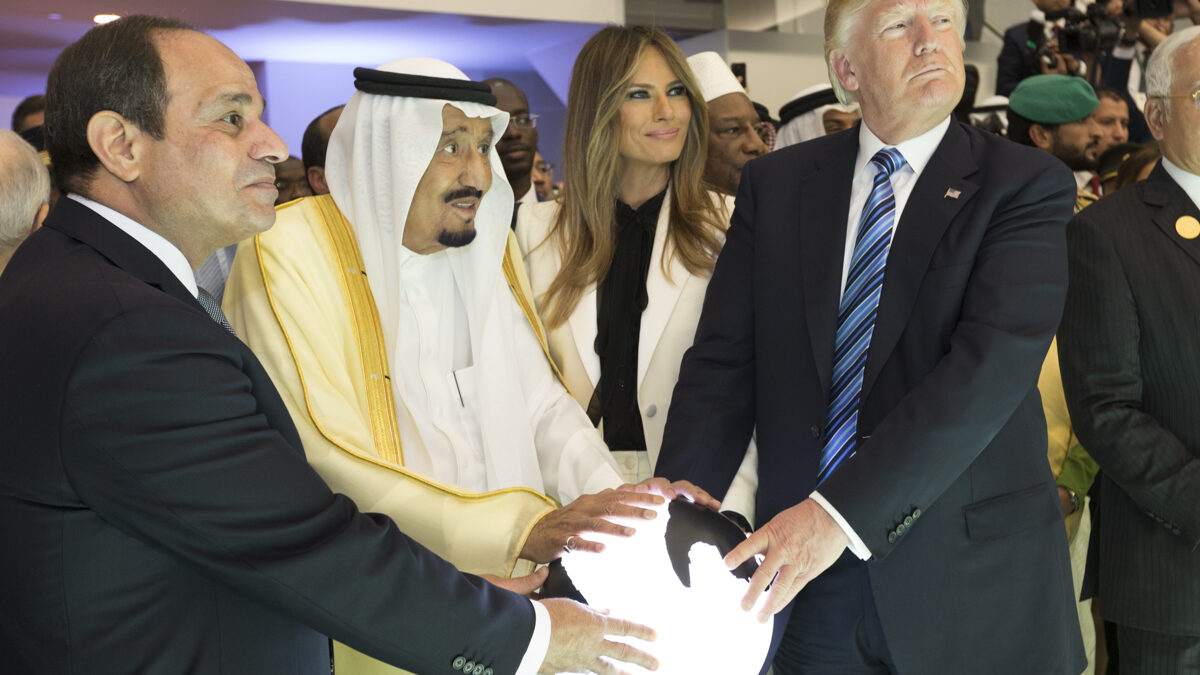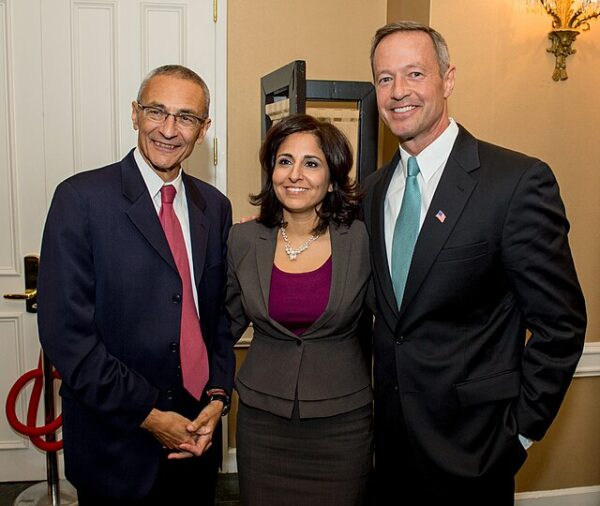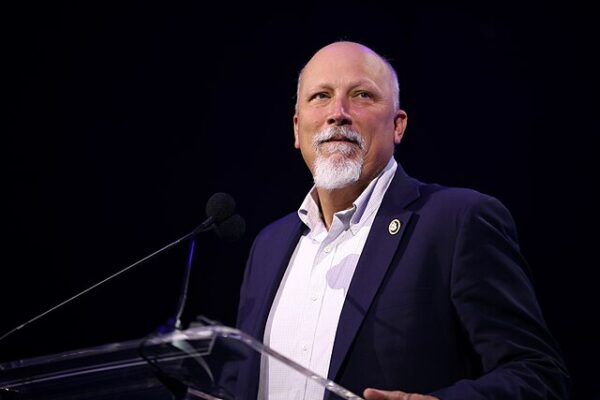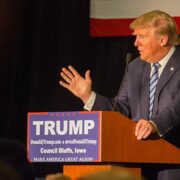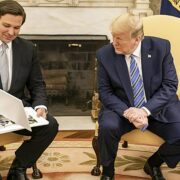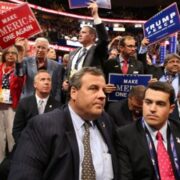
In February, authorities arrested one of Hunter Biden’s peers who served as an advisor to a Chinese energy company. Gal Luft, an Israeli professor, claimed that Cypress authorities put him in jail at the request of the Biden family and said on Twitter that he’d start airing Hunter’s dirty laundry if he weren’t released.
He’s now making good on those threats. Using his lawyer, Luft claimed that he informed the Department of Justice that the president’s son and brother leveraged connections within the FBI and the Biden name to score a huge payday from China, which allowed the communist nation to promote their Belt and Road Initiative across the globe.
Luft said he became aware of the scheme through his own relationship with Hunter’s Chinese business partners, Patrick Ho and Ye Jianming, the chairman of CEFC energy conglomerate. The professor even offered the codename of Biden’s FBI “mole,” which has raised the eyebrows of Rep. James Comer and the House Republicans.
The New York Post reports that the House Oversight Committee is investigating the explosive claims by Dr. Gal Luft, a former Israel Defense Forces lieutenant colonel with deep intelligence ties in Washington and Beijing, who says he was arrested to stop him from revealing what he knows about the Biden family and FBI corruption — details he told the Department of Justice in 2019, which he says it ignored.
Ye confided to Luft that Hunter had an informant in the FBI “or formerly of the bureau, extremely well placed, who they paid lots of money to [provide] sealed law enforcement information,” says Henoch.
The FBI mole was called “One-Eye.”
One-Eye” told Ye that the Southern District of New York was investigating him and/or Ho in late 2017, and that “an Asian, an African, and a Jewish guy” were named on a sealed indictment, says Henoch.
Soon after that tipoff, Ye offered Hunter $1 million to be his “private counsel” and flew to China, leaving his wife, daughter, son, mother, and nanny in his $50 million penthouse at 15 Central Park West.
The Belt and Road Initiative is a strategy implemented by President Xi Jinping to allow communist China to gain more influence around the world. The Brookings Institute writes that he “proposed the Belt and Road Initiative (BRI) in a pair of speeches in 2013. In Kazakhstan, he outlined a vision of restoring overland trade routes from China to Central Asia and Europe — the ancient “Silk Road.” In Indonesia, he introduced the concept of a “maritime Silk road,” which is essentially the already well-traveled sea corridor South from China to the Middle East and Europe. In seven years of implementation, the initiative has become quite controversial, especially in the West. The controversy is fueled by a lack of transparency that makes it difficult to get reliable information on the financing involved in the initiative, as well as the specific projects and their terms. There are a growing number of academic efforts, however, to collect and analyze data on BRI, with a consistent set of findings.
Despite the name, the program is global, not confined to the specific corridors. It is primarily a program to fund infrastructure. About two-thirds of the financing goes to power and transport. Total funding has been on the order of $50-100 billion per year. Most of the loans are in dollars on commercial terms that are more generous than developing countries can get from private investors, but much more costly than funds from Western donors or the concessional windows of the multilateral development banks. A number of major clients of China are well-known pariah states such as Iran or Venezuela. But overall Chinese financing across countries is uncorrelated with measures of democracy: in other words, other major borrowers are democracies such as South Africa, Kenya, Tanzania, Indonesia, or Brazil.
BRI raises a number of issues for the U.S. American officials have criticized the program as “debt trap diplomacy.” This fear seems exaggerated. Most of the countries borrowing from China also borrow from Western donors, the multilateral banks, and private bond holders. They have diversified sources of finance, and there is no reason to think that they are particularly beholden to China. The exceptions would be the pariah states, and in developing a strategy for dealing with Venezuela or Iran it is important to take into account China’s investments and interests there.”
James Comer has used his authority as Chairman of the House Oversight Committee to investigate the ways the Biden family has sold its influence to America’s international competitors. He most recently announced an investigation into why the president’s daughter-in-law, a school counselor, received a hefty paycheck related to a Chinese energy company.
He said, “The oversight committee is concerned about the national security implications resulting from President Biden’s family receiving millions of dollars from foreign nationals. We will continue to follow the money trail and facts to determine if President Biden is compromised by his family’s business schemes and if there is a national security threat.”
[Read More: Tik Tok CEO Raked Through Coals In Front of Congress]



